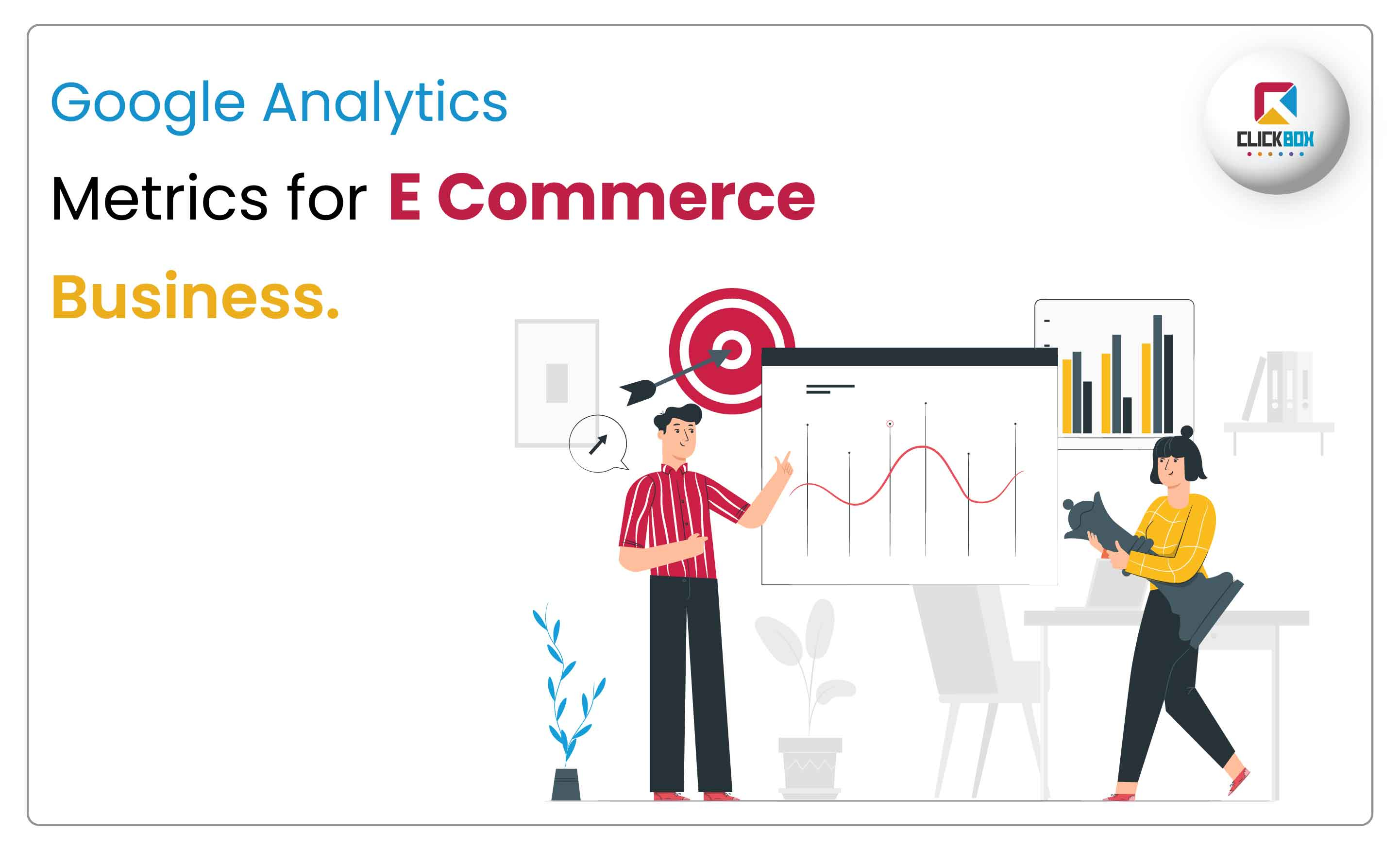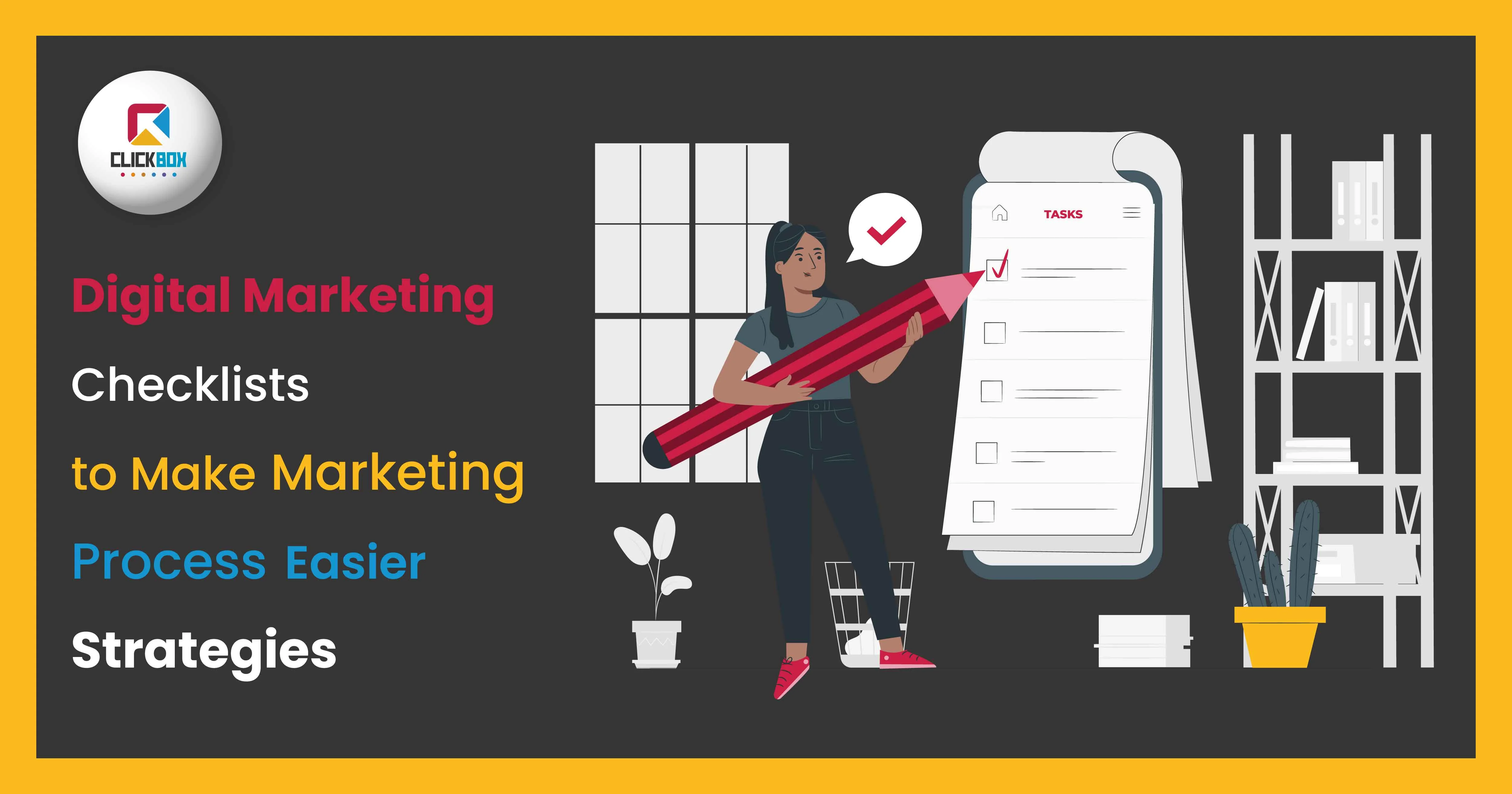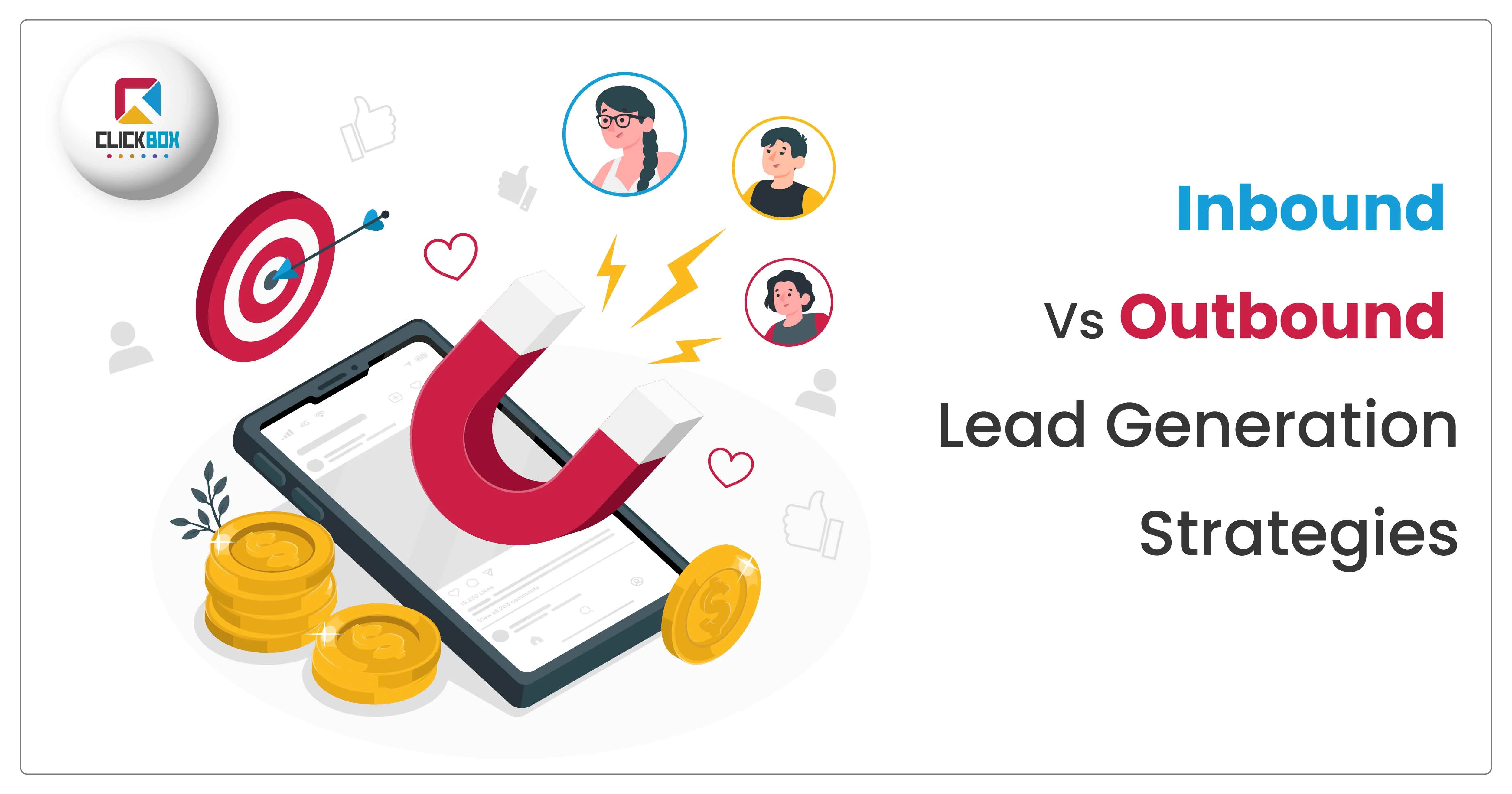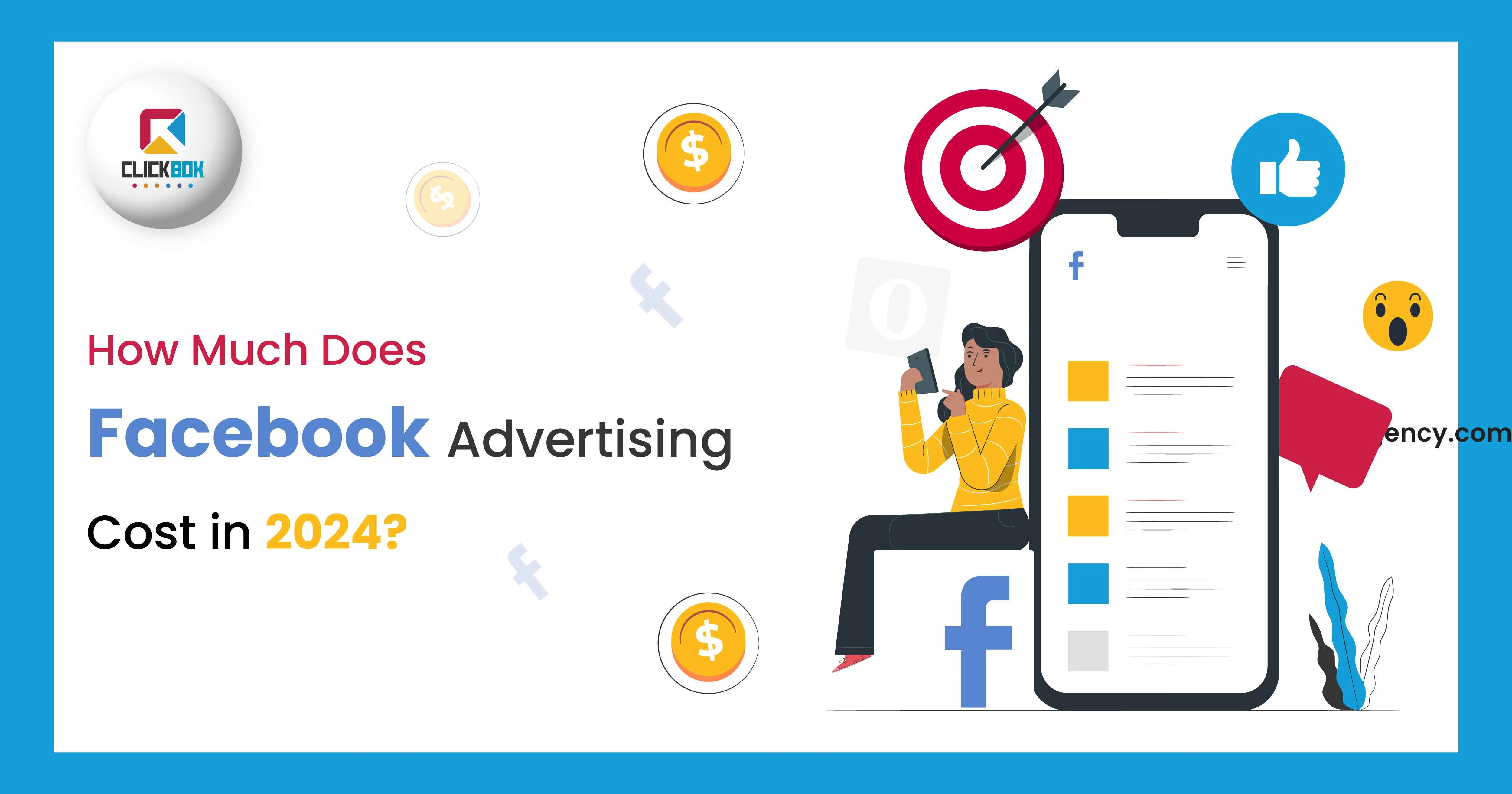
Google Analytics Metrics for E Commerce Business
Every marketer or a business owner planning to build a website has to research and add a lot of valued contents to
draw attention to their site. But how do you know that the service you are offering on your website is appealing to
your viewers?
Achievement of your website marketing and campaign depends on the users trafficking your website and contributing to
your business growth. One such service to track and record this user activity is Google Analytics. It is a popular service
utilized to track user trafficking of any website. In simple terms, this tool helps in measuring the number of people
visiting and viewing a website. This service is offered by Google. This tool is absolutely free to use by organizations
who want to analyze how users find and use their website.
It helps in comprehending our marketing efforts. In addition to that it tracks the performance of a website by collecting
visitor information. Each report in the analytics dashboard is made up of metrics and dimensions.
During pandemic covid-19, many businesses had an abrupt end. But the E-commerce industry had an amazing success and
digitalisation was at its highest. Many business owners and marketers had a lot of competition to improvise their
websites for their thriving business. In times like this these analytical tools come in handy to upgrade the site and
reach our potential.
Google analytics dashboard can be categorized into
1. Audience
Audiences are the customers or the users or the traffickers who view your website and avail your service. You will find information on their interests(the data they are viewing), demographics, the devices they are using, and their behaviors on the website. Based on the data acquired from the audience the marketer can change to improve the website to match customers needs. The different types of audience/users are:
-
● First time audience
-
● Users who visited a particular page
-
● Audience who completed a goal conversion
-
●Audience who completed a transaction
2. Acquisition
This level is about how or through what channel the customers are directed to the website .
Advertisements posted on any social media platform (facebook, instagram etc.), search engines,
website referrals(your link referred in some other website) and email ad campaigns, paid search
(traffic from search engine marketing like google ads), display(traffic from display advertising)
are some of the marketing areas that help business owners to get the customers to view their sites.
Google Analytics Acquisition helps marketers or business owners to access the traffic sources report and the channel breakdown.
For example, as we browse facebook home pages we find a lot of ads. If the ads suit our needs, we click on them and then we are
directed to that particular website. Suppose we find an ad of cute outfits from myntra, we click on it and it will directly open
to our desired product.
To sum up, Google Analytics data helps business owners to improve and understand these marketing tactics and ad campaigns
to make the audience traffic the website and avail its services.
3. Behavior
After the customer/audience visits your website you should know what their actions are on the site. Behavior depends on what the audience is viewing, the number of pages they are visiting, the duration they stay on the pages, the products they viewed and added in their cart and lots of other things they do while staying on the site.
4. Conversion
Conversion is the action that the customer made while visiting your website. If the customers had signed up or made a purchase which contributes to the profit of the business, the marketers or business owners can take this information to improve the customers journey.
5. Dimensions
Dimensions of Google Analytics refer to the user's geographic area/language (location of the user viewing the website), social media platforms (the users who view the websites by clicking the ad posted on any social media platforms like Facebook, Instagram, etc.), directly coming to the website by typing the URL mostly by returning visitors, email-campaign and by clicking on referred URLs from some other website.
Important Google Analytics Metrics to Track Business Growth
A metric sets guidelines for quantitative measurement. Metrics are numbers. Google Analytics calculates the data from a website in multiple ways, the primal ones including user level, session level, and page view level. The common metrics include:
-
● Users – Any unique visitor/viewer of the website. If they are the same viewer, they won't be counted as a new user.
-
● Sessions - Every time the user visits the site and is actively engaged in any interactions. The session is started as soon as the user enters the site. The session after 30 minutes of window activity.
-
● Average Session Duration – The duration of an average visitor staying on the site. Any marketer can use this data to analyze user engagement in relation to the content on your website. Suppose if the duration of the visitor viewing any content is low then the marketer can improvise the content to suit the audience's preference.
-
● Ratio of new to returning visitors sessions - The rate of visits by the same visitors. The marketer can track that their campaigns are interesting and attractive to returning visitors. Returning visitors indicates a growing business.
-
● Bounce Rate - The number of customers leaving after viewing a single page. It points out if there is a technical issue on the site or with the user, or if the content on the page is relevant to the user, or if the marketing campaigns are driving the right traffic to the sites. If the site is experiencing a high bounce rate, then look into demographics( the age and the gender) which enables you to write the ad campaign for the right audience.
-
● Pages viewed per session – Number of page views per session. Track the duration of the users staying on any site.
-
● Goal completions – The Frequency of visitors completing their desired action. Any action like customers making a purchase or signup or it can be feedback or availing any of your services.
Benefits of GA
-
● Trace online traffic
-
● Comprehending user behavior
-
● Improve SEO and content marketing
-
● Brainstorming ideas for business
-
● E-commerce performance
-
● Google Analytics revamps sites
-
● Targeting the right audience
-
● Data reports and customization
-
● Boost online Advertising with marketing analytics
-
● GA conversion tracking
How would you know that your website is successful?
Many organizations create websites to display their products or services. In order to determine their success, they need a ‘web analytics tool’ to gauge the number of users visiting their website that helps the business to thrive. Google Analytics, GA, gives in-depth knowledge into your website and online business performance. The more accurate data we obtain, the more opportunities for optimization and acquiring an understanding of how connected everything is in comparison to business at large. Suppose you have a large number of returning customers and new customers, then your ad campaigns and all the marketing efforts are effective. But as a marketer you should keep up with the trend and upgrade the website to the customer's needs.
The multiple uses of the Google Analytics tool are valuable for a business to go to the next level. This tool helps marketers to find and realize their performance in reality. This tool is available for free and it is the marketer's job to make full use of it to revamp their services for their benefit. Even if you use GA as a passive or active tool, anytime you can refer back to it and know the performance of your site.
Business owners can use Google analytic metric as an aid to enhance their business. Every day the owners have to track the trend of theirever-changingg and challenging business. It is tough to keep track of growing trends and they have to look into all aspects of their business. To avoid that hassle, they can outsource this aspect of work to digital marketing experts like Clickbox agency, who helps your business to keep up with the latest technology and trend.
John Click
Digital Marketer | SEO Copywriter | Content Strategist
Experienced digital marketer with a proven track record in creating compelling content that not only engages audiences but also drives conversions and enhances SEO visibility. My expertise extends beyond marketing strategy to crafting persuasive narratives that resonate with your target audience. I combine data-driven strategies with captivating writing to deliver measurable results, ensuring your brand shines in the digital landscape.
Questions? We're Here To Help.
Send Us A Message!
 Chat With Us
Chat With Us






